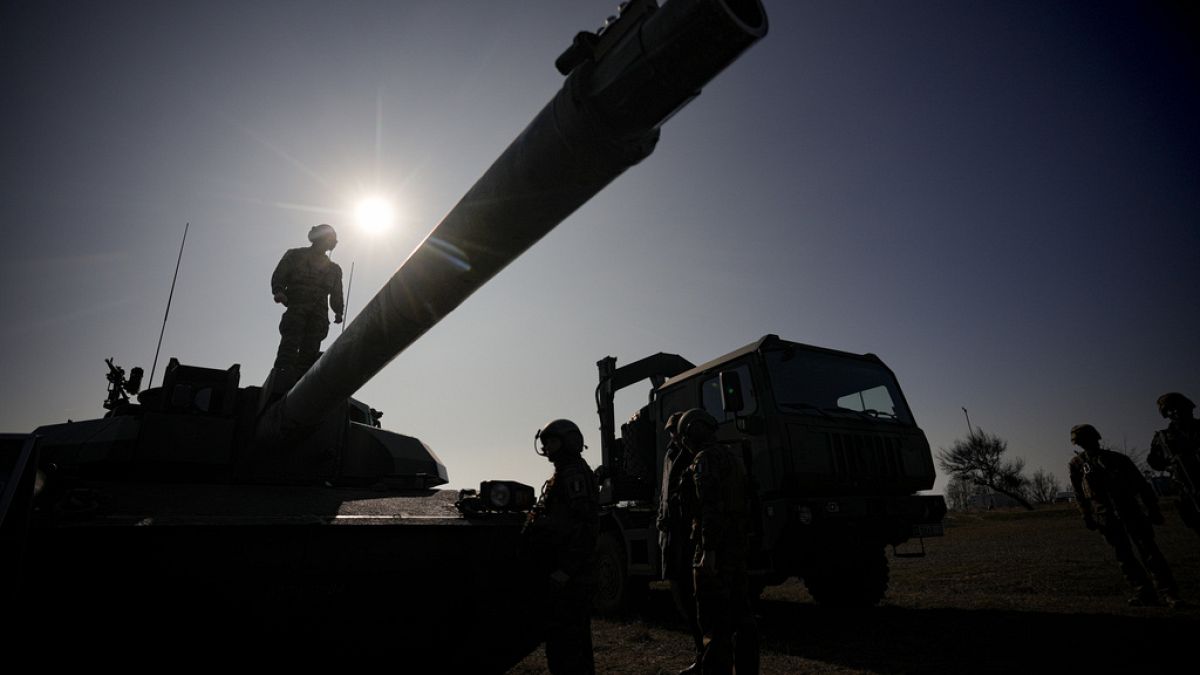Lieutenant General Jarosław Gromadziński, who last year became the first Pole to lead Eurocorps, has been dismissed.
Poland has dismissed the Polish commander of the European rapid reaction military unit, the Eurocorps, amid a recently launched military counterintelligence investigation involving him, authorities said Wednesday.
A Polish Defense Ministry statement said that new information regarding Lt. Gen. Jarosław R. Gromadziński had been revealed and an investigation into his security clearance had been launched.
Gromadziński was ordered to urgently return from the Eurocorps' headquarters in Strasbourg, France, and a replacement will be appointed immediately, the ministry said. No further details were provided, and Gromadziński wasn't available for comment.
Germany and France founded the corps in 1992 to support various European Union and NATO missions. Its six framework nations also include Belgium, Spain, Luxembourg and Poland, while Austria, Greece, Italy, Romania and Turkey are associate nations.
The Eurocorps has served on stabilisation and security missions in the Balkans and in Afghanistan, as well as on training missions across Africa.
